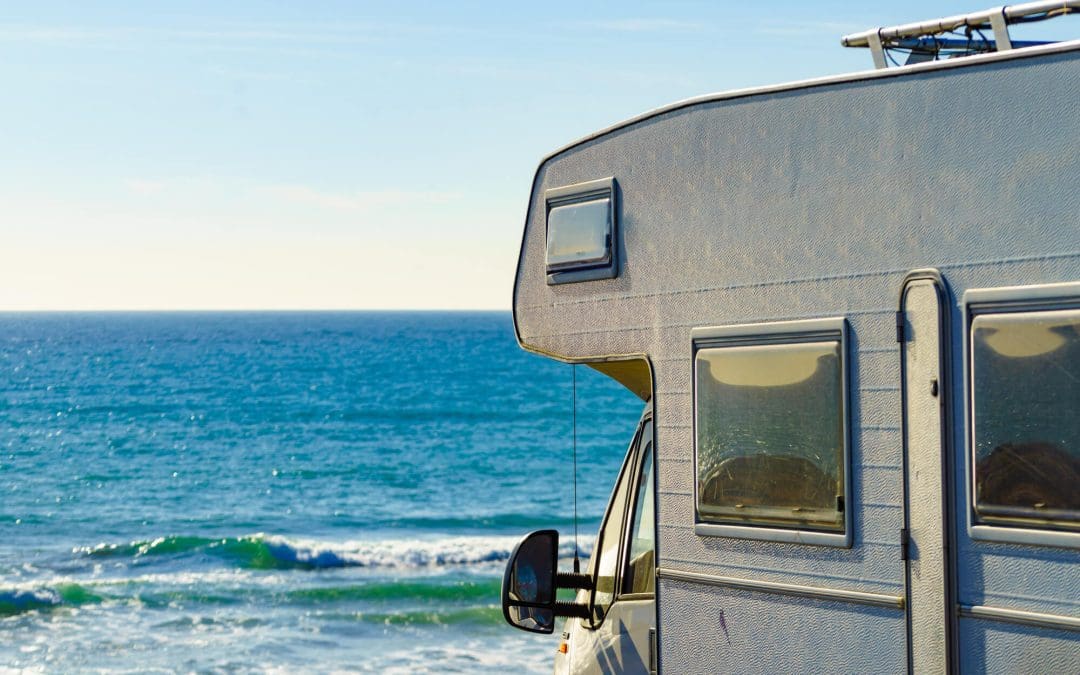Whether you’re a seasoned RV traveler or gearing up for your first adventure, planning an RV trip can be as thrilling as it is overwhelming. From choosing the right RV to exploring scenic routes, here’s your go-to guide to make your journey unforgettable.
Choosing the Right RV
Start by choosing an RV that fits your needs. Consider the size, amenities, fuel efficiency, and ease of driving. Renting an RV for a trial run will help you decide if you prefer a motorhome, travel trailer, or camper van. Check the vehicle’s maintenance history to avoid mechanical surprises on the road.
Route Planning
Your route is the backbone of your RV trip. Decide on your key destinations and the best time of year to visit them. Use RV-friendly apps and GPS systems that provide information on road width, bridge heights, and routes suitable for RVs. Remember, the journey is as important as the destination, so include some scenic detours and rest stops to break up long drives.
Campsite Booking
Reserve campsites well in advance, especially in popular destinations or national parks, which fill up quickly, particularly during peak seasons. Look for campsites that offer the specific hookups you need for your RV, such as water, electricity, and sewage, and check the size of the parking spots to make sure they can accommodate your vehicle.
Check Weather Conditions when Planning an RV Trip
Always check the weather for your route and destinations before you set off. Extreme weather affects RV handling and road safety. Be prepared to adjust your plans or route to avoid storms, high winds, or extreme temperatures.
Packing Essentials
Packing for an RV trip differs from packing for a hotel stay; space is limited, and you must be mindful of weight. Pack essentials like food, clothing, first aid kits, tools, and emergency supplies. Don’t forget entertainment for the road, like games, books, and movies. Make a checklist so you don’t forget anything important.
Safety and Security
Safety should be your top priority on the road. Your RV should have a fire extinguisher, carbon monoxide detector, and smoke alarms. If it’s your first time driving the RV, practice driving it in various conditions. Secure your RV with locks and possibly an alarm system, particularly if you’ll be spending a lot of time outside of it.
Stay Flexible
While having a plan is important, part of the fun of RV travel is its flexibility. Be open to discovering new places, changing your route, or extending your stay in a location you love. Sometimes, the most memorable parts of the trip are the unplanned adventures.
Planning an RV Trip: Budgeting
Plan your budget considering fuel costs, campsite fees, food, activities, and unexpected expenses. Track spending and look for ways to save, like cooking meals in your RV instead of dining out or finding free or low-cost attractions.
Connect with the Community
The RV community is vast and welcoming. Engaging with other RVers provides valuable insights, tips, and perhaps some companionship. Online forums, social media groups, and RV clubs are great resources for advice and sharing experiences.
Planning an RV trip may seem overwhelming, but with these tips, you’re on your way to creating a memorable and enjoyable adventure.
FAQs About Planning an RV Trip
Do I need special insurance to rent or drive an RV?
Yes, you should have insurance that covers RV rentals specifically. Check with your insurance provider or the rental company about coverage options, including liability, collision, and comprehensive insurance.
How do I manage internet connectivity on the road?
Invest in a mobile Wi-Fi hotspot, or check if your cellular plan includes sufficient data coverage. Some campsites also offer Wi-Fi, though it may not always be reliable or fast.
Can I bring my pets on an RV trip?
Many RV travelers bring their pets along. Check the pet policies of campsites and ensure your RV is safe and comfortable for your pets, including secure spaces for travel and temperature control.
How do I conserve water and manage waste on my RV trip?
Conserve water by taking shorter showers and turning off the tap while brushing your teeth. Regularly check and empty waste tanks in designated dump stations to manage sewage and grey water.
Associated RV Services provides professional RV inspections and services in southeast Texas and Louisiana. Contact us to schedule an appointment.

